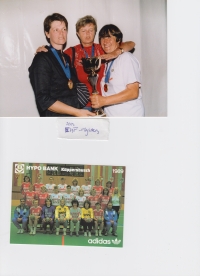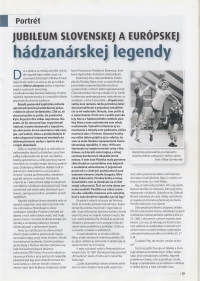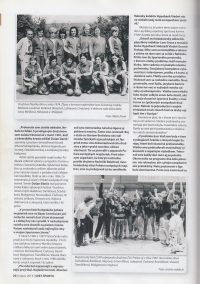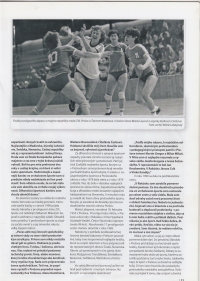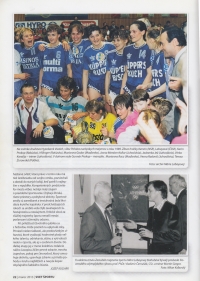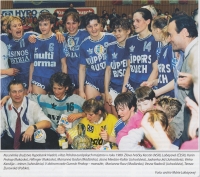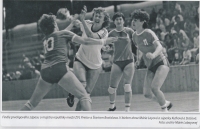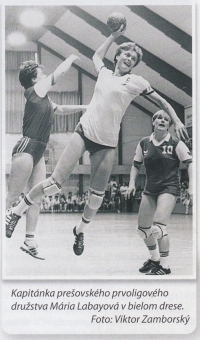From day to day, the coach told me that I wouldn‘t play
Mária Labayová was born on February 18, 1953 in Prešov. She comes from five siblings and she is the daughter of Michal and Mária (as single Benčíková), Labay. She spent almost all her childhood in Prešov, until she started high school. Her next choice was a secondary pedagogical school in Nitra. Already at the age of sixteen, she became a junior handball representative. Right away, at the beginning, she was very successful, she won many titles, she is in the hall of fame and has played ninety-nine matches for the Czechoslovak Socialist Republic. In 1973, in Prešov, she advanced to the first league, where shoulder health problems have occurred. However, it was something that passed quickly, but in spite of this, Prešov suddenly did not need her. She changed club for Plastika Nitra. Due to a disturbed retina, she returned to Prešov after five years. She played one season and was weaned again. During the break, she worked at ZVL Prešov, in the plant of roller bearings. In 1983, a new generation of players began to form in Prešov and Mária became a member of the national team again. Originally she wanted to play only one season, but one of them became four and she played for Prešov until 1987. Due to her non-nomination, she changed the club in the same year and started playing for Hypobank in Austria. She officially ended her career at this club as a thirty five years old. After the summer of 1989, Maria returned home from Austria to Prešov. She expected the company to appreciate her, but it did not happen as she had imagined. Almost a year passed and Maria gradually stopped engaging, she was not interested in sport events. It can be said that her career is completely finished. After a sports career, she started a business. She built a sports club from a former hostel. Currently the memorial does not use the company but she enjoys a pension. Although she doesn‘t play sports, from time to time she goes swimming and still watches sports on television.
